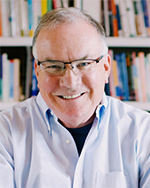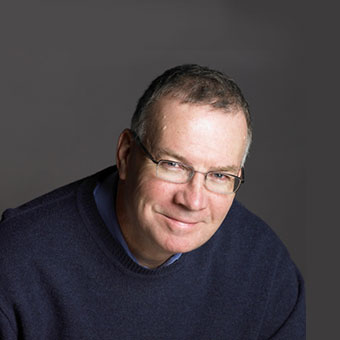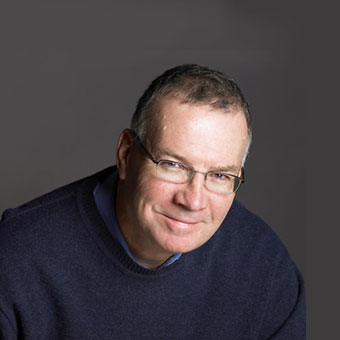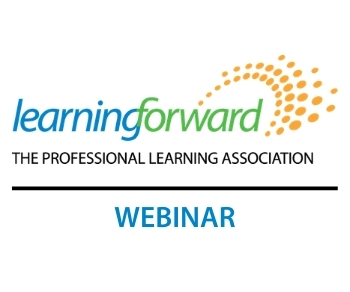
Jim Knight
Senior Partner
Jim Knight, senior partner of Instructional Coaching Group, is a research associate at the University of Kansas Center for Research on Learning. He has spent more than two decades studying instructional coaching, writing several books on the topic. Knight’s articles on instructional coaching have been included in publications such as the Journal of Staff Development, Principal Leadership, The School Administrator, and Teachers Teaching Teachers. Knight directs several research projects, including Pathways to Success, a comprehensive, district-wide school reform project in the Topeka, Kansas, School District. Knight also leads the Intensive Instructional Coaching Institutes and the Teaching Learning Coaching annual conference. Knight has presented and consulted in more than 40 states, most Canadian provinces, and around the world. He has also won several university teaching, innovation, and service awards.
All Articles
-
‘Data’ shouldn’t be a dirty word
Data is an inescapable part of our lives. We ask Siri the temperature before we decide which coat to wear when we leave the house in the morning, we keep an eye on the speedometer as we drive to and from work, and we might even use a sleep app […] -
Coaching with impact: Enacting partnership principles through the Jim Knight coaching model
Teachers and coaches can build trusting and effective relationships by collaborating as partners to help students achieve. In this 90-minute webinar, Jim Knight will share the partnership principles that form the foundation of his coaching model. Offered in partnership with AIR, this webinar will highlight Knight’s Impact Cycle and Instructional […] -
When times are tough, show compassion.
The twin hardships of COVID-19 and political polarization are wearing down even the most resilient among us. Unfortunately, at a time when people really need us to show compassion, some of us are finding it harder and harder to be compassionate. Compassion, as Sara Schairer (2019) has explained, is different […] -
What I’ve learned from a traumatic accident
The morning of July 4, I went for an early morning bike ride on my usual loop around my hometown. Just after starting, I hit a slippery patch on the trail, causing my wheels to go out from under me, and I crashed, shattering several bones in my hip and […] -
The moral universe won’t budge unless we move it
“The arc of the moral universe is long but it bends toward justice.” —Martin Luther King Jr. Do you agree with King’s often-quoted statement? In light of the heartbreaking and racist events I see in the news almost daily, I can’t say I’m sure. What I do believe, however, is […] -
Real learning happens in real life
When talking about instructional coaching, I find it helpful to divide professional learning into two different models: outside-in and inside-out. The outside-in model involves leaders identifying effective teaching practices for teachers, then providing learning experiences designed to help them learn those practices. The thinking behind this approach makes sense. These […] -
How to foster hope in tough times
At the beginning of every new year, I create a playlist for my friends filled with music that brings me joy. I call it my happy list. This year, as I chose my songs, I realized that a theme was emerging: new beginnings. As Nina Simone sings, “It’s a new […] -
Take time for self-care
We are experiencing at least five major disruptions simultaneously: a global pandemic, fears about the economy, a national reckoning about racism, divisive rhetoric from Washington, and, if we work in schools, a deep uncertainly about what it is that is we actually do as professionals and how, as schools navigate […] -
Coaching with students at the center: The what, why, and how of coaching for student engagement
Coaching expert Jim Knight of the Kansas Coaching Project led an interactive discussion about why and how coaches’ work with teachers should address student engagement. Students who are engaged are more likely to come to class, learn, and ultimately stay in school. This webinar covered how to measure and improve […] -
Students on the margins
My friend and mentor Don Deshler has directed more than 200 studies in his career and, in the process, significantly shaped how we understand and respond to students who are at risk for failure. One study in particular changed the way Deshler thought about his research. To see the school […]











